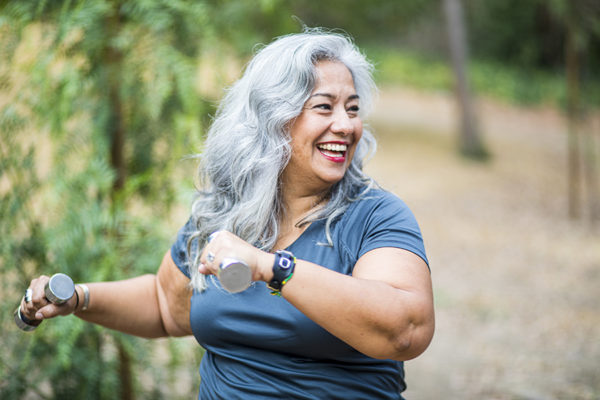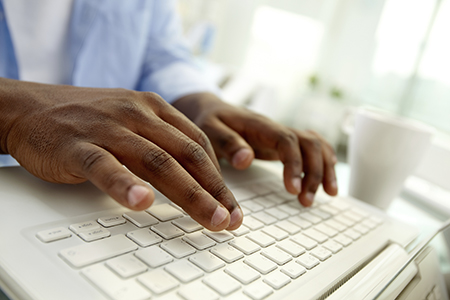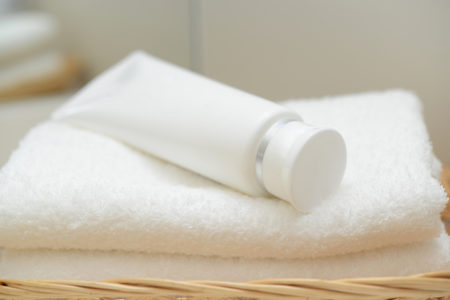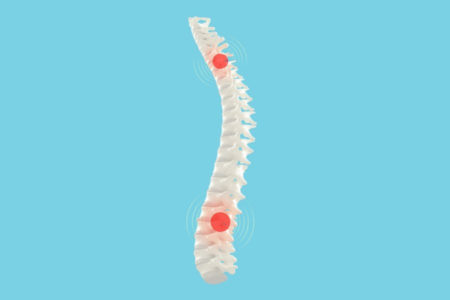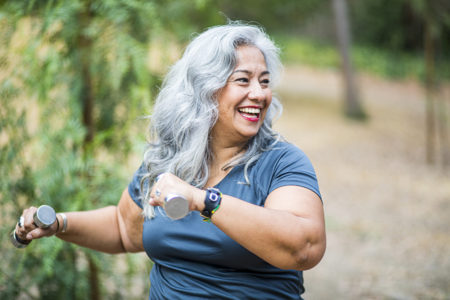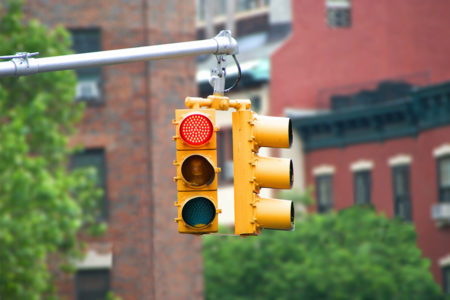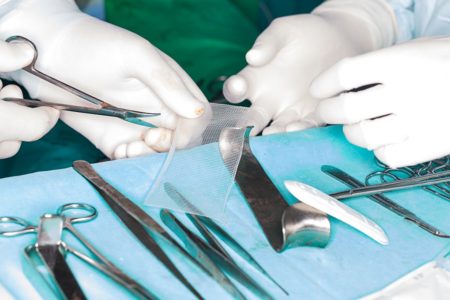Are you struggling to make it to the bathroom in time? Is a leaky bladder preventing you from living your best life? Have you recently been diagnosed with incontinence or are experiencing symptoms and you’re not quite sure what to do? Whatever the case may be, there’s good news. Incontinence can be effectively managed by making some changes to your lifestyle.
Limit caffeine
Coffee or soda may be important to help get you going in the morning or throughout the day, but what you may not know is caffeine irritates the bladder and can make incontinence worse. Caffeine has a diuretic effect on the bladder: the more you consume, the greater the desire to urinate. On the other hand, caffeine also contributes to dehydration — which can result in more concentrated urine and an irritated bladder, worsening your symptoms of incontinence. Cutting down caffeine, primarily coffee and soda, can help with those unexpected leaks.
Cut down on alcohol
Alcohol acts as a diuretic, which means more urine production and the need to urinate more often. Excess urine production can also lead to dehydration and a more concentrated urine. The increased uric acid in concentrated urine can cause inflammation and irritation in the bladder lining. Alcohol also affects the messages from the brain to the bladder — the more alcohol you consume, the less control you’ll have over the signaling of when to urinate, which means you’re more likely to have an accident. Try cutting out alcohol altogether then gradually add it back to see how much is too much for you.*
*Note: heavy drinkers who suddenly stop drinking may experience any range of dangerous symptoms. For heavy drinkers interested in stopping drinking, or if you or your loved one experience alcohol withdrawal symptoms, it is important to speak to a healthcare professional before stopping alcohol consumption.
Drink plenty of water
When you have bladder leakage it may seem like restricting fluids altogether would be the most logical thing to do to avoid an accident. While it may help slightly, drinking too little can have an adverse effect such as dehydration. Your urine can also become very concentrated, causing bladder irritation. This makes finding the right balance of fluid intake important. Though it’ll vary from person to person, drinking 6 to 8 glasses of water a day is a healthy ballpark (unless your doctor advises you otherwise). You can check your urine to see if you’re well-hydrated: light-colored urine generally means you are hydrated, whereas dark yellow urine can be a sign of dehydration.
Eat the right foods
What you eat plays a role in the severity of symptoms of incontinence — some foods actually add more stress to your bladder and increase bladder irritation. Certain foods that worsen overactive bladders include chocolate, citrus fruit, sugar or honey, artificial sweeteners, and spicy foods. These foods contain irritants that make bladder leaks and other incontinence symptoms worse. Limiting or avoiding these foods can reduce the urge to urinate, promote a healthy bladder and improve control of pelvic muscles. Doctors suggest you should make sure you’re getting enough fiber by eating non-citrus fruits, grains, legumes and vegetables.
Monitor fluid intake
According to the American Geriatrics Society, monitoring fluid intake can help reduce urine loss and improve your quality of life. One way to do this is by keeping a bladder diary. A bladder diary tracks when and how much fluid you drink, when and how much you urinate, and how many times you get the urge to urinate, as well as how much you leak. This tracking system can help you and your health care provider better understand your daily habits, urinary symptoms, how they are affecting your life and what treatment plans would work best for you.
Maintain healthy weight
While maintaining healthy weight is good for your overall health, research suggests that it can also reduce symptoms of incontinence. If you’re overweight or obese, the additional weight put on your pelvic muscles adds pressure to that area and weakens your pelvic floor muscles, making accidents more likely to occur. Reducing unnecessary weight and abdominal fat means less pressure on the bladder as well as reducing the severity of urinary incontinence.
Do pelvic floor exercises
The pelvic floor is a set of muscles that supports pelvic organs such as the bladder and bowels. These muscles are responsible for the tightening of the urethra, anus and vagina. Strengthening your pelvic floor with pelvic floor exercises can help reduce or stop leakage and improve bladder control. Kegel exercises, for example, are simple exercises that can help men and women of all ages strengthen their pelvic floor and help prevent and manage urinary incontinence.
Quit smoking
According to the National Association of Incontinence, studies show that smokers are at an increased risk for incontinence. Smokers, over time, develop a chronic cough, which can put enormous amounts of pressure on pelvic muscles, weakening their pelvic floor and increasing their risk of urinary incontinence. Smoking is also considered to be a bladder irritant which means smokers experience more frequent urges to use the restroom. Quitting smoking now will not only help you regain bladder control, but for a host of other health reasons as well.
Avoid lifting
While regular exercise is important for maintaining healthy urinary functions, the lifting of heavy weights and repetitive strenuous activities can put a strain on your pelvic floor muscles, causing your muscles to weaken and increasing your risk of developing incontinence. Work on Kegel exercises to keep your pelvic floor muscles in shape, and also learn how to lift safely using your leg and arm muscles.
Click here to read this article in Spanish.
For more information or incontinence support from Shield HealthCare, visit our Incontinence Community.
Sources:
Medscape
Mayo Clinic
National Association for Continence
Bladder and Bowel Community
Healthline
John Hopkins Medicine







